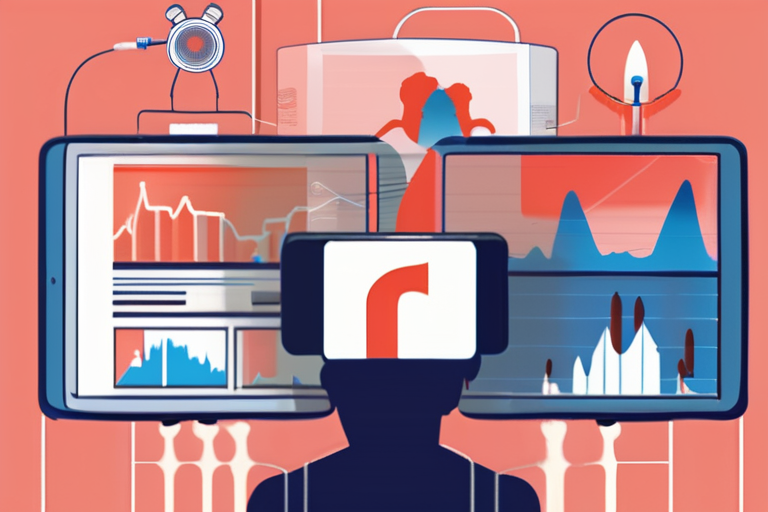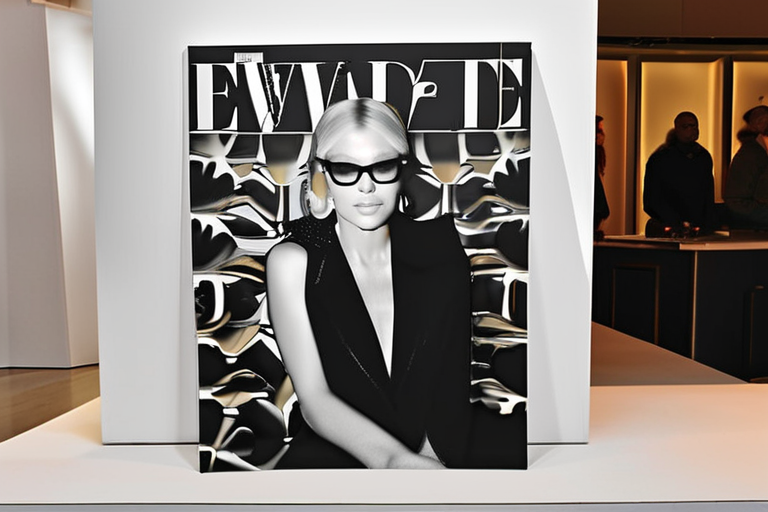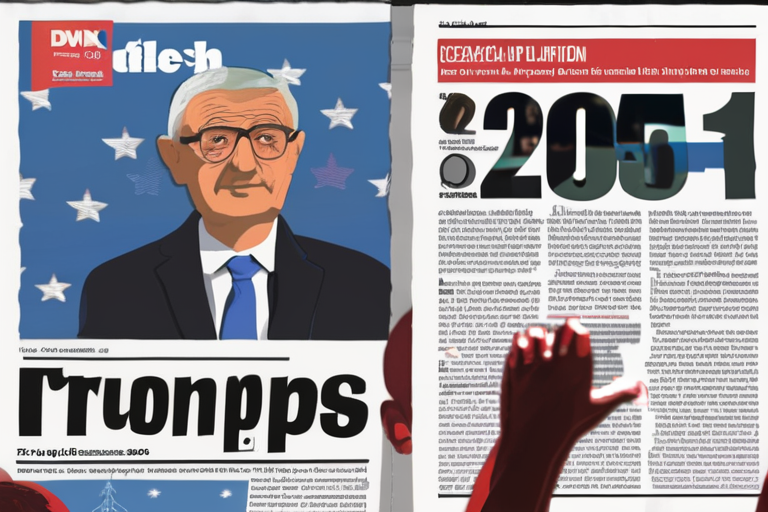Fads Uncovered: How Social Media Fuels the Rise and Fall of Global Obsessions


Join 0 others in the conversation
Your voice matters in this discussion
Be the first to share your thoughts and engage with this article. Your perspective matters!
Discover articles from our community

 Hoppi
Hoppi

 Hoppi
Hoppi

 Hoppi
Hoppi

 Hoppi
Hoppi

 Hoppi
Hoppi

 Hoppi
Hoppi

Prime Day Deal: iRobot Roomba 104 Robot Vacuum on Sale for $150 In a move that is sure to delight …

Hoppi

The Schedule Stretch That Could Define The Thunder's Season Oklahoma City, OK - March 9, 2025 marked the beginning of …

Hoppi

EDWARD ENNINFUL LAUNCHES "72" MAGAZINE IN NEW YORK New York, NY - September 12, 2025 - Edward Enninful, the Ghana-born …

Hoppi

South Korean President Lee Jae Myung Warns of Investment Hesitation in US Following Immigration Raid In the wake of a …

Hoppi

Chargers-Raiders Week Heats Up with Harbaugh-Carroll Rivalry In a matchup that promises to be one of the most intense of …

Hoppi

Czech Republic: 'Trumpist' Ex-PM Set to Win Vote PRAGUE, CZECH REPUBLIC - Voters in the Czech Republic wrapped up a …

Hoppi